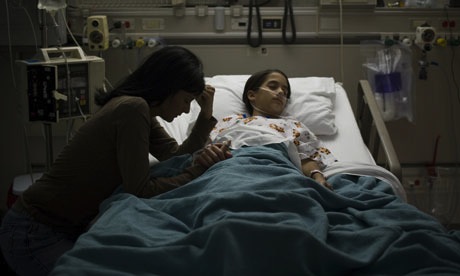
Dear Arthritis: A Conversation
Dear Arthritis is the newest addition to books about illness and healing. Sponsored in part by a grant from 4Culture of King County and The Arthritis Foundation, it was the result of a workshop that I provided with writing prompts, in tandem with my collaborator, visual artist Carol Rashawanna Williams. The recipients were families who have a child or young adult living with juvenile arthritis. They wrote Dear Arthritis letters based on the prompts I gave them to help them describe what it is like living with JA or caring for someone, or being a sibling to someone, with JA. Carol then offered them a wealth of art materials from which they could make super hero masks; eg. images that reflect what helps them cope with JA. The book can be purchased here.
WORKSHOP/READING
On February 3rd, 2024 I offered a free writing workshop at Book Tree in Kirkland, WA based on the theme illness and healing. 15 wonderful people (mostly poets) engaged with the writing and visual prompts to produce poems and drafts of their own. This was followed by a reading of my work from Since the House is Burning and The Body Lives Its Undoing, as well as a wonderful reading from Tamara Kaye Sellman from her book Intention Tremor. Tamara lives with multiple sclerosis and writes in many forms: (fiction, poetry, journalism) about her life and other topics.
POEMS
“Owl” was published in the Whale Road Review.
A recent poem of mine, “Imagined Conversation with My Daughter After Roe v. Wade Is Struck Down” was a finalist in the narrative poetry contest of the Naugatuck River Review and the journal can be purchased here.
“All Night I Wrestle” is forthcoming from Lily Poetry Review.
CONTACT ME!
And because it’s been so long since I’ve written a blog post or updated my website, feel free to contact me with any questions about teaching workshops, poetry in the world, or just to say hello. I’ll be busy doing these things but always welcome emails. se*********@***il.com
